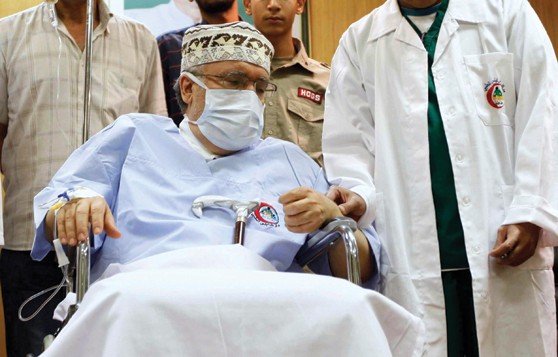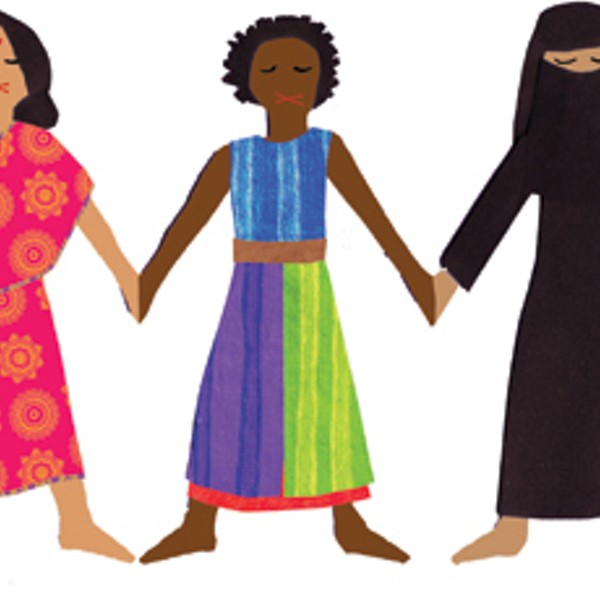What Is to Be Done?
Both retributive and deterrence–oriented value systems are justifiable. Retributive notions of punishment reflect the values of justice and fair play. Deterrent notions of punishment reflect utilitarian understandings of creating a more just society as a whole. The point in exploring the Lockerbie episode is twofold: First, despite an apparent normative consensus in international criminal law, the disputes surrounding sentencing and punishment in the Lockerbie case reveal much more contested terrain. While almost all people share the belief that terrorism, genocide, and human rights violations are serious crimes, there is wide disagreement on what punishment is appropriate for these crimes. Second, the fact that one of the most important international crimes, terrorism, is addressed through national court structures means that normative conflicts at the global level in matters of crime and punishment will surely continue.
What can be done about this? The international community needs to initiate a wider discussion about both sentencing standards and the crime of terrorism. These issues could be addressed through the ICC or perhaps through a multilateral treaty process. The political complexities surrounding terrorism are certainly serious and not easily solvable. One suggestion would be to work out some sentencing guidelines first for the crimes currently in place and move toward a clearer statement of the criminalization of terrorism at a later stage.
In both the Lockerbie and 9/11 cases, then, the decision as to where an individual is to be tried and punished for terrorism-related crimes raises important questions at the intersection of law and politics. As with the equally thorny issue of aggression, an agreed upon definition of terrorism must be the first step. Because punishment is the legitimate use of violence by an authority, the second question is the determination of which agents in the global community should impose sentences for terrorism and related crimes. Third, and perhaps most fundamentally, the international community needs to clarify how it punishes not only convicted terrorists but perpetrators of genocide and other war criminals. Can a simple decision to try a case, whether at the national or international level, resolve these issues? Despite the myth that the legal process alone can solve these problems, it will not.
Rather, such cases—indeed, any legal process—require more sustained political effort. The creation of the ICC in 1998 demonstrated one such effort, but the failure to include terrorism in that groundbreaking institution needs redressing. Just as national laws arise from the cockpit of a politically charged legislature, international legal structures, including those surrounding international criminal law, need to address more openly and honestly the political conflicts that continue to strain the international system. Until the international political community attends to the problems of terrorism and punishment through a public deliberative process that includes a wide range of actors in the international community, a mere turn to either national or international courts will not resolve these issues. A new values consensus is necessary, one that will emerge only through political debate. The Obama administration is well placed in its relations with the European and international legal community to begin the process of addressing these questions. It should begin this process soon.
This article was originally published in the spring 2010 issue of Ethics & International Affairs.

















